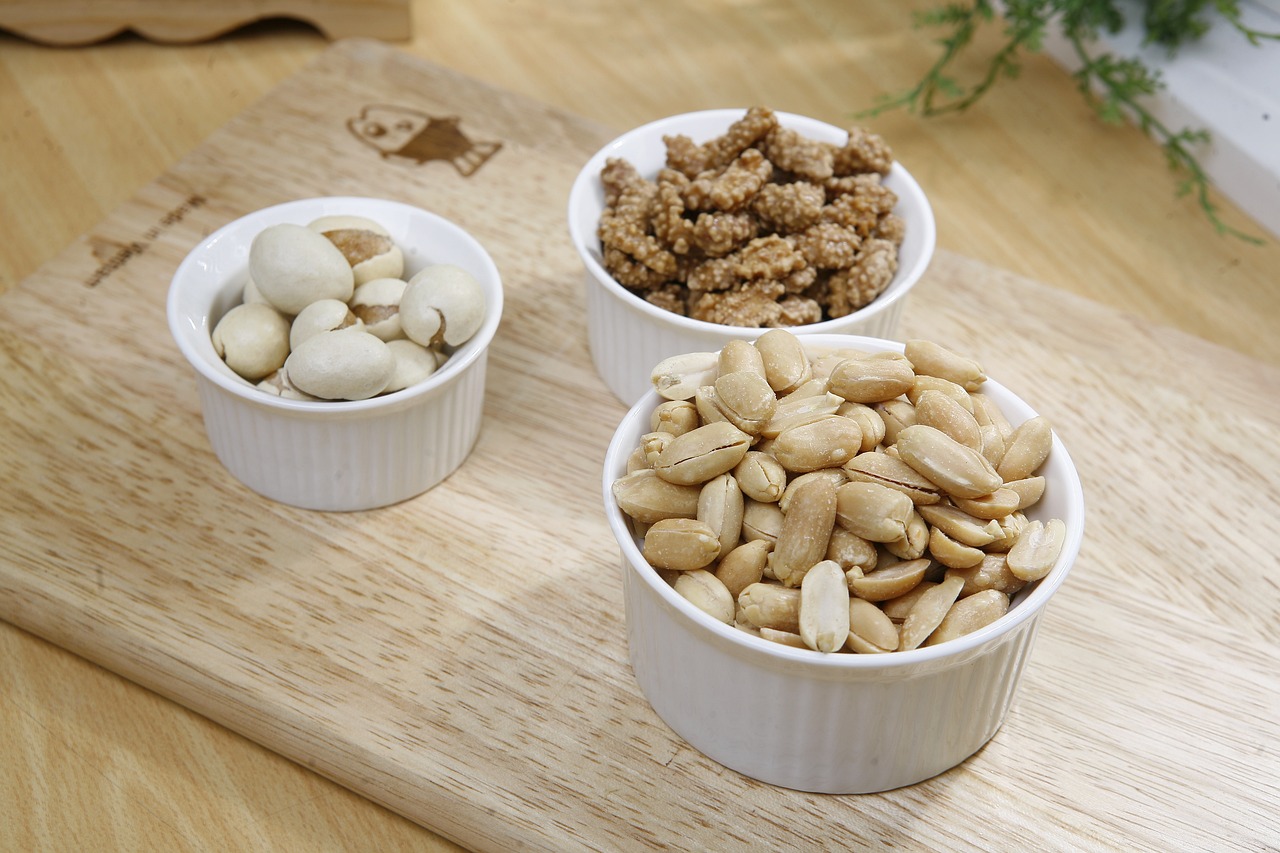Do you work with life stories and awakening memories?
This article is written from a Swedish perspective. Hopefully, it can be an inspiration for interested parties from other countries.
A vital task for healthcare is to see the individual with all their experiences, not solely colored by the consequences of dementia. Working with life stories for the elderly in nursing homes is a valuable resource for creating person-centered care and promoting well-being and quality of life. By listening to and documenting the elderly's life history and experiences, staff and relatives can create a meaningful and supportive environment that promotes dignity, autonomy, and joy of life for the elderly.
 Foto: Mostphotos
Foto: MostphotosThe Life Story - an important tool for creating quality in care
A friend told me that her mother had been so worried during her first time at the nursing home. The contact person tried to get to know her and found that her anxiety often stemmed from worrying that the food would not be enough when her relatives came home. Therefore, the staff sat down and made shopping lists with her. Once she got to tell what was needed, she calmed down.
There can be ethical perspectives on staff pretending that they are going to go shopping, but for this woman it resulted in her becoming happier and the days getting better.
The Life Story
Many elderly relatives seem to intuitively feel the need for the life story. They put up pictures from their shared life by the bed. This also makes the staff who care see the elderly as a person who has lived an active life. More on how we can work on compiling a personally written life story will come in another section.
Many of our elderly can talk about themselves, even those who have been afflicted with dementia. By listening, the care staff can identify the elderly's possibilities and resources. The staff should offer care based on the life story and the individual's wishes.
Reminiscence - awakening memories
To create well-being and awaken memories, it can be good with photographs of relatives and from different occasions. But also access to music and other things that the elderly person likes. For many, songs, melodies, and pieces of music have a special meaning that can bring memories to life.
Meaningful activities chosen by the elderly themselves contribute to good health and slow down memory deterioration. Likewise, things and pictures from a bygone era can stimulate thought processes.
Song and music can sometimes even get those who have stopped talking to suddenly come alive and sing along. It can even bring a person back to the present for a moment.
A well-founded contact with relatives is invaluable in all elderly care. Of course, provided that they want contact. Unfortunately, there are some who have no relatives, but they may have a good friend or someone else who means a lot, who can act as a stand-in and be involved in the care.
Creating Life Stories: A Valuable Resource for Elderly Care
Working with life stories for the elderly in a nursing home can be an invaluable resource for creating meaningful and person-centered care. By collecting and documenting a person's life history and experiences, both employees and relatives gain a deeper understanding of the elderly's needs, preferences, and quality of life. Here's why it's important to work with life stories and how it can strengthen care for the elderly.
The importance of life stories
Working with life stories in nursing homes is more than just documenting facts about a person's life. It's about capturing the essence of their identity, experiences, and relationships. Here are some reasons why it's important:
Creates person-centered care: By knowing a person's life story and personal preferences, staff can create a care plan tailored to the elderly's individual needs and wishes.
Promotes independence and dignity: Allowing the elderly to tell their own story and participate in the creation of their life stories strengthens their sense of autonomy and dignity.
Increases understanding and compassion: By getting to know a person's life history and background, staff and relatives can develop a deeper understanding and empathy for the elderly's life situation and needs.
Contributes to meaningful relationships: Listening to and sharing life stories with the elderly can help create meaningful relationships between the elderly, staff, and relatives.
Working to Create Life Stories
Creating life stories for the elderly in the nursing home is a process that requires time, commitment, and emotional presence. Here are some steps for how employees and relatives can work together to create a life story that supports the care of the elderly:
Listen and ask: Start by listening to the elderly's stories and experiences. Ask open questions that encourage them to share their memories and reflections.
Collect information: Collect relevant facts and events from the elderly's life, including upbringing, professional life, family, interests, and life events.
Document: Document the collected information and present it in a way that is easy to understand and navigate for both staff and relatives. Many businesses have support materials. There are also digital tools to work with life stories in a structured way.
Use creative methods: Use creative methods like pictures, music, video, or writing to make the life story more vivid and personal.
Continuous updating: Regularly update the life story with new events and experiences to ensure that it is current and relevant.
Reflection questions - life story
Caregiving staff:
- What can you do to get to know the person who lives with you?
- Do you use their life history and memories to create contact and comfort?
- Do you use song and music to start conversations?
Manager, nurse, occupational therapist, and physiotherapist:
- What can you do for reminiscence and life stories to have a significant place in the care you provide?
- Do you have a good structure where you help each other to capture the life story?
- Is there material to work with reminiscence?
- Do you have access to period music and do you use music spontaneously or as an activity in the operation?
Residents and relatives:
- Have you been able to participate and tell your relative's life story?
- How well do the staff at the nursing home take care of the power that exists in working with memories?
Erland Olsson
Specialist Nurse
Sofrosyne
Better care every day

Aktuellt i media
-
2025-04-14 04:00
08 Förebyggande o lokaler
The art of furnishing a nursing home, a balancing act between homeliness, functionality, and hygiene aspects.
info -
2025-04-10 04:00
04 Bemötande
Waking up in a nursing home - is the morning routine adapted to each individual's needs?
info Bild: Pixabay
Bild: Pixabay -
2025-04-07 04:00
09 Mat och måltid
For the elderly, it is often important to eat many snacks in order to get enough nutrition.
info Bild: Pixabay
Bild: Pixabay -
2025-04-03 04:00
04 Bemötande
What creates safety in elderly care homes - advice and tips on creating a secure environment for the residents
info -
2025-04-01 00:00
10 Aktivitet o funktionsbevarande arbetssätt
Reminiscing, working with memories, is an activity that creates a lot of added value for people with dementia.
info - 2025-03-31 04:00 05 Planering

